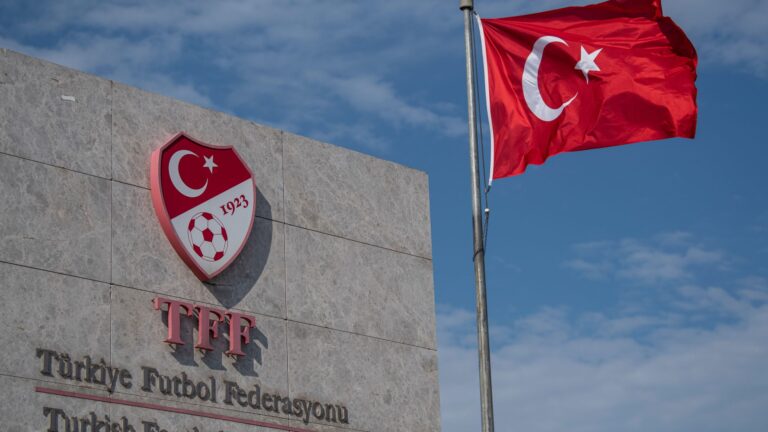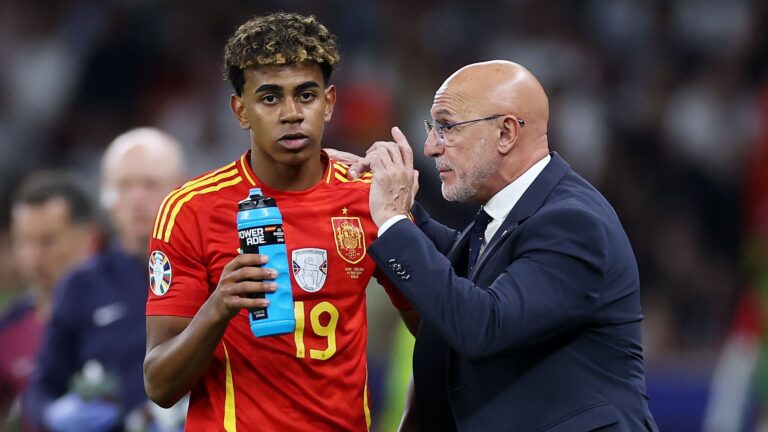Overcoming Scheduling Hurdles in the Premier League
In the fast-paced world of English football, managing packed calendars has become a critical challenge for top clubs. The Premier League‘s decision to adjust match timings highlights the ongoing struggle against fixture congestion, ensuring teams like Arsenal can maintain peak performance without risking player well-being.
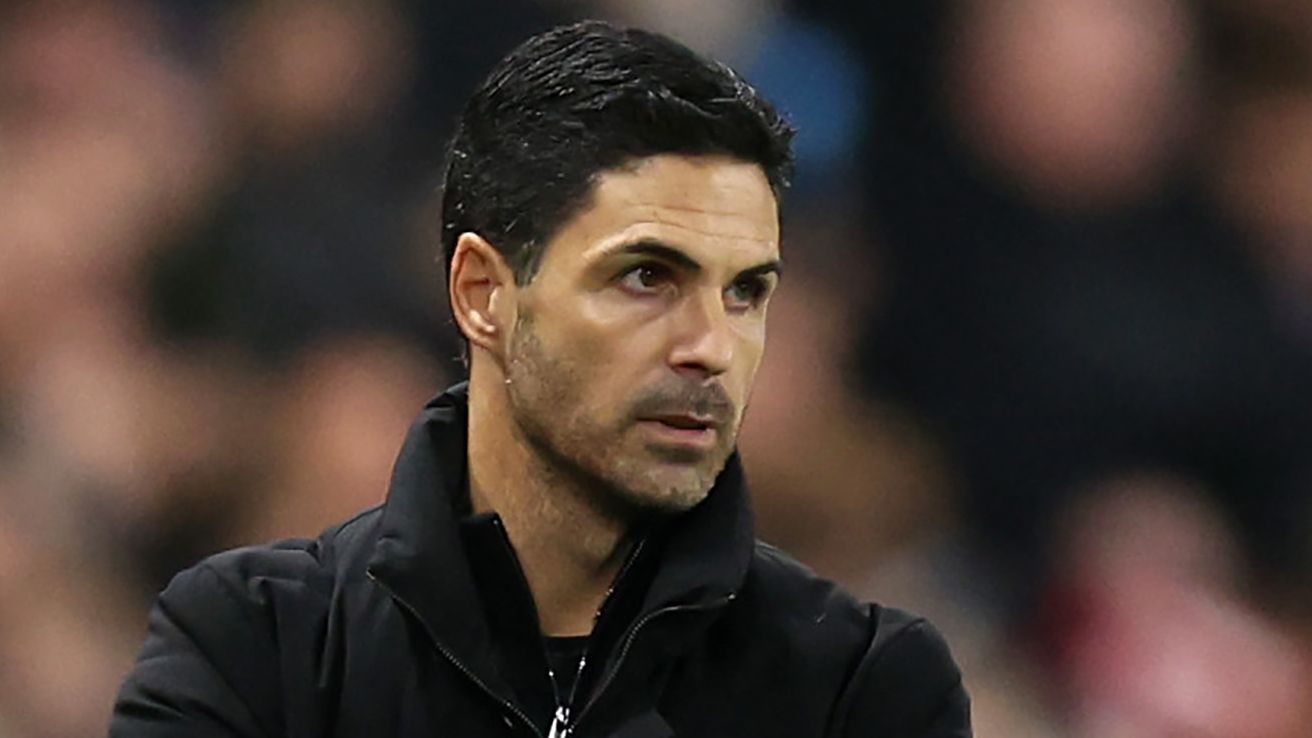
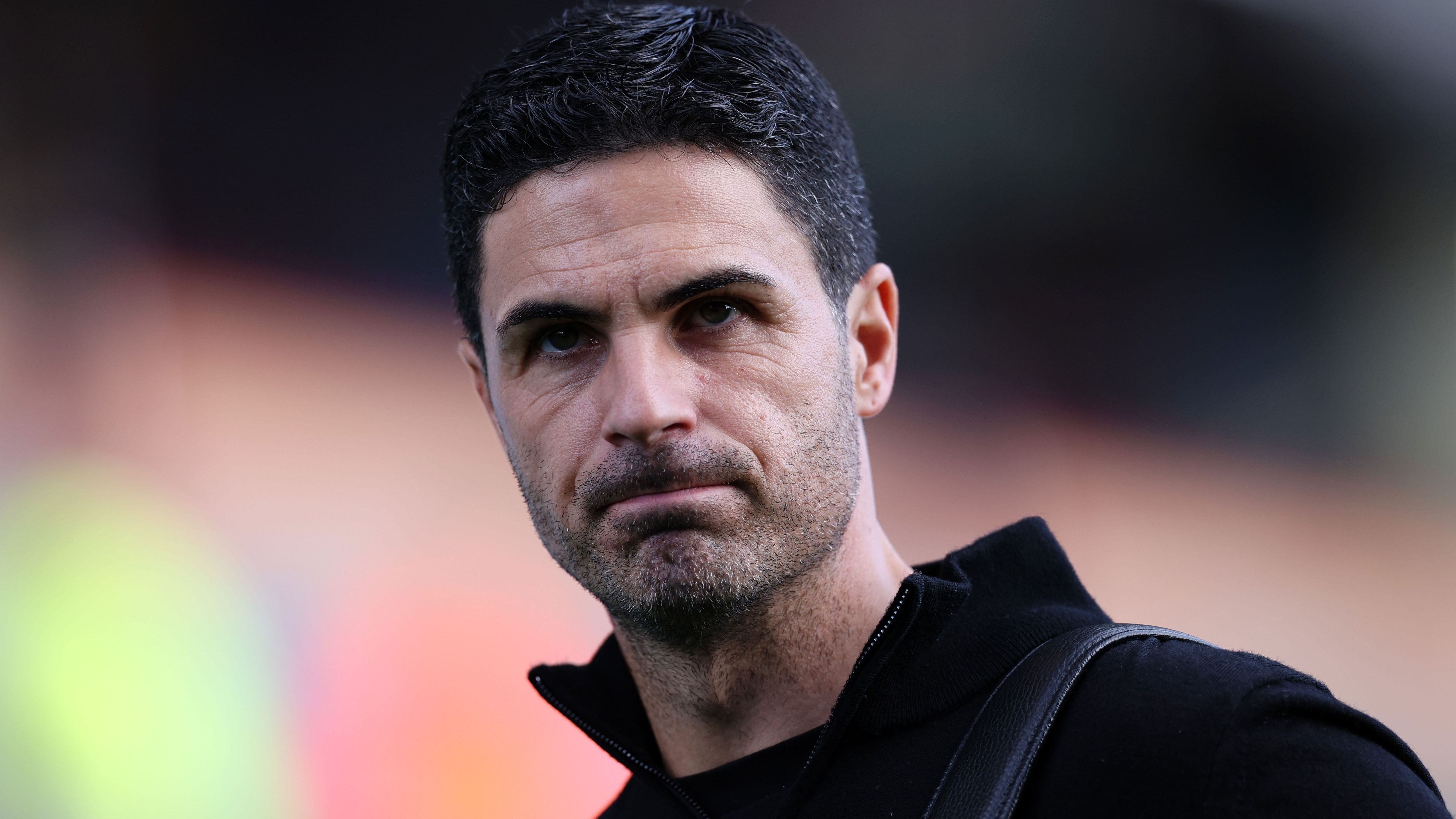
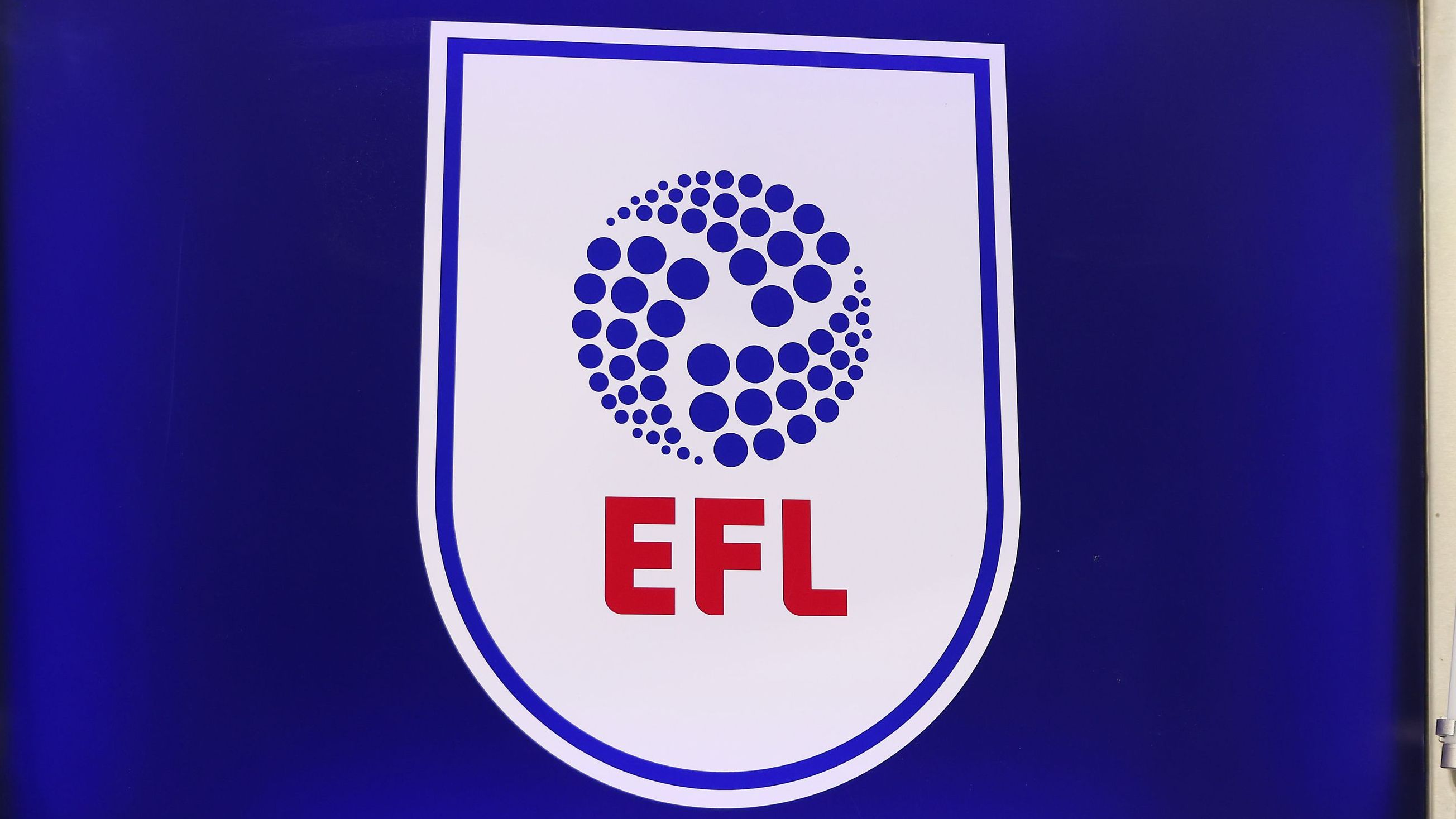
Premier League Adjusts Arsenal’s Everton Encounter Due to Fixture Demands
The initial plan had Arsenal facing Everton at 2:00 PM BST on December 21, yet the team advocated for an earlier slot on December 20 at 8:00 PM to ease the burden of their schedule.
Impact of Upcoming Carabao Cup Fixture on Team Recovery
With Arsenal set to take on Crystal Palace in the Carabao Cup quarter-final on December 23, the original timeline would have left them with just two days to recuperate from the Everton game at the new venue. Initially, the EFL set the Carabao Cup match for December 16, but it was delayed to accommodate Crystal Palace’s commitments in the Conference League, preventing them from handling three games in a short span.
Mikel Arteta’s Vocal Advocacy for Schedule Changes
Arsenal’s plea came on the heels of a strong statement from manager Mikel Arteta, who expressed to journalists: “I’m optimistic they’ll shift our Premier League fixture, as playing just two days later defies logic. Now that we’ve settled the date for the Carabao Cup game, I’m confident they’ll adjust the league match too. I’ll let the club handle that. We’re quite certain about the optimal timing, the most practical one, yet they’ve opted for another.”
Crystal Palace Secures Similar Adjustments for Their Leeds Matchup
Similarly, Crystal Palace received approval to shift their Premier League showdown with Leeds from December 21 to December 20. Manager Oliver Glasner echoed Arteta’s frustrations earlier in the campaign, stating: “I was genuinely shocked when I first learned of it. I could hardly fathom they were even thinking about it. We’re pursuing the same strategy as Arsenal, aiming to reschedule our Leeds fixture to Saturday, December 20, to avoid back-to-back games with minimal rest.”
“It’s essential that those in charge collaborate more effectively. We’re dealing with international fixtures, dual cup competitions, and the Premier League. I’d appreciate if UEFA, the Premier League, and the FA could coordinate, as this situation is quite astonishing. Perhaps a fix isn’t immediate, but it’s crucial we address it. Scheduling games on Sunday, Tuesday, and Thursday would be unwise. Fortunately, an alternative exists since we’re playing Leeds on the 21st and then on the 28th. There was considerable debate over omitting Boxing Day games, and once again, these arrangements were made without proper consultation. It’s vital they communicate; after all, that’s part of their role.”
Seeking intelligent football wagers? Access professional analyses, evidence-based forecasts, and successful strategies via BALLGM Tips on Telegram. Become part of our expanding network today!
Official Confirmations from Clubs on Rescheduled Premier League Fixtures
By Tuesday, both Arsenal and Crystal Palace announced that the Premier League had greenlit their requests to move the games to December 20.
Arsenal’s Detailed Explanation of the Rescheduling
In their official release, Arsenal explained: “We’ve rearranged our December Premier League encounter with Everton, now set for Saturday, December 20 at 8 PM at the Toffees’ recently opened Hill Dickinson Stadium. This was originally slated for Sunday, December 21. Due to the EFL’s decision to place our Carabao Cup quarter-final against Crystal Palace on Tuesday, December 23, influenced by the Eagles’ involvement in the UEFA Conference League, we initiated discussions with the Premier League and Everton prior to ticket sales to request a date shift and prevent matches within 48 hours. Consequently, the game has been moved to December 20. Holding two fixtures so close together violates FIFA’s guidelines, which advocate for at least 72 hours of rest to safeguard players’ health and performance, particularly during high-demand periods like December.”
Crystal Palace’s Statement on Their Fixture Change
Crystal Palace’s announcement stated: “Our Premier League away game against Leeds United in December has been rescheduled. Originally planned for Sunday, December 21, it will now start at 20:00 GMT on Saturday, December 20, marking our last league outing before the holidays. The broadcast on Sky Sports in the UK remains unchanged. This adjustment stems from our request to the Premier League, considering the timing of our Carabao Cup match away at Arsenal on Tuesday, December 23.”
EFL Points Fingers at UEFA for Mounting Scheduling Issues
In the midst of the disarray surrounding fixture arrangements as November approached, the EFL attributed the problems to UEFA in their formal response: “When finalizing the quarter-final schedule, we acknowledge the difficulties this creates especially for Arsenal and Crystal Palace, along with the dissatisfaction it causes for their coaches and athletes-a sentiment we share. The growth of European tournaments and the increase in dedicated match days before the 2024-25 season, enacted without sufficient dialogue with national leagues, has made these timetable clashes inevitable for events like the EFL Cup and beyond.”
“Teams involved in European play already join the EFL Cup at the third round and have had to adopt extra measures in previous seasons to dodge conflicts at that point. We’ve demonstrated flexibility, but ongoing compromises would harm the EFL Cup’s standing-a tournament that generates essential funds for EFL teams and offers countless fans the thrill of supporting their side toward Wembley. It also disrupts the conventional English football timetable and the robustness of our domestic leagues, which depend on adequate preparation time and the option to use full squads to captivate audiences and advance in the competition.”
Background on Arsenal’s Request for Rescheduling
The Premier League’s decision to reschedule Arsenal’s fixture against Everton has sparked widespread discussion among football fans and analysts alike. This move came in the wake of comments from Arsenal manager Mikel Arteta, who highlighted the intense demands on his squad during a particularly grueling season. Arteta’s remarks emphasized the need for better player welfare and fixture congestion, which many see as a pivotal factor in the league’s eventual approval.
In the fast-paced world of Premier League football, rescheduling requests are not uncommon, especially when teams like Arsenal are juggling multiple competitions. This case underscores the league’s growing attention to player health and competitive balance, making it a hot topic for anyone following Premier League news.
Key Factors Leading to the Request
- Mikel Arteta’s Public Statements: Arteta openly discussed the toll of a packed schedule on his players, pointing to injuries and fatigue as major concerns. His comments, made during a post-match press conference, gained traction on social media and football forums, putting pressure on the Premier League to respond.
- Arsenal’s Busy Fixture List: The Gunners were facing a string of high-stakes matches, including Champions League ties, which overlapped with the original Everton date. This overlap highlighted the broader issue of fixture congestion in Premier League calendars.
- Precedent in Football Scheduling: Similar requests have been granted in the past for teams dealing with European commitments, setting a benchmark for how the league handles such appeals.
Premier League’s Response and Decision Process
The Premier League acted swiftly to grant Arsenal’s rescheduling request, demonstrating a commitment to fairness in the 2025-26 season. This decision was influenced by a combination of Arteta’s advocacy and the league’s own guidelines on fixture management, which prioritize player safety and competitive integrity.
Reasons Behind the Approval
The Premier League’s internal review process likely considered several elements before approving the change. Here’s a breakdown:
- Player Welfare Concerns: With Arsenal reporting multiple injuries linked to a tight schedule, the league weighed the risks of proceeding as planned. This aligns with global trends in football, where organizations like FIFA are pushing for better rest periods.
- Fan and Broadcast Impact: Rescheduling the fixture helped avoid conflicts with major broadcasts, ensuring that Premier League fans could tune in without overlap from other events. This is crucial for maintaining viewership and revenue from TV deals.
- Arteta’s Influence on Public Opinion: Arteta’s remarks resonated with supporters, amplifying calls for change. His emphasis on mental and physical health for players added a human element to the discussion, potentially swaying the league’s decision-makers.
Implications for Arsenal and Everton in the Premier League Season
Moving the fixture has ripple effects across the Premier League standings and team strategies. For Arsenal, this reschedule provides much-needed breathing room, allowing Arteta to rotate his squad and potentially boost their title chances.
How This Affects Team Strategies
- Advantages for Arsenal: With extra recovery time, players like Bukayo Saka and Martin Odegaard could return in peak form, giving Arsenal an edge in upcoming matches. This could translate to better performance in the race for Premier League points.
- Challenges for Everton: On the flip side, Everton might face disruptions to their own momentum, as the delay could alter their preparation for other fixtures. Managers like Sean Dyche often rely on consistent scheduling to build team rhythm.
- Broader Premier League Dynamics: This decision sets a precedent for how other teams might approach scheduling issues. If more managers like Arteta voice concerns, we could see reforms in how the league handles fixture lists, potentially leading to more flexible calendars in future seasons.
The Role of Fan Engagement and Media Coverage
Football rescheduling decisions often highlight the passionate connection between fans and their teams. In this instance, social media buzz around Arteta’s comments played a significant role in pressuring the Premier League.
Notable Fan Reactions and Media Highlights
- Social Media Trends: Hashtags like #RescheduleForArsenal and #PlayerWelfareFirst trended on platforms, with fans sharing opinions on how fixture changes impact their viewing experience.
- Media Analysis: Outlets provided in-depth coverage, debating the pros and cons of the decision. This included expert opinions on whether the Premier League is doing enough to address fixture congestion overall.
- Long-Term Effects on Engagement: Such events can boost fan loyalty, as supporters appreciate when their voices influence league decisions. For Arsenal fans, this might mean increased attendance or streaming numbers for the rescheduled game.
Rescheduling in the Premier League isn’t just about dates on a calendar-it’s about ensuring the game remains exciting and sustainable. Teams like Arsenal benefit from these adjustments, but they also raise questions about fairness across all clubs.
Expert Insights on Fixture Rescheduling Trends
As we look at the evolving landscape of Premier League football, experts point to a growing trend of manager-led advocacy. Mikel Arteta’s approach could inspire others to push for changes, making this more than just a one-off event.
Emerging Trends in Football Scheduling
- Data-Driven Decisions: Leagues are increasingly using analytics to assess fixture impacts, such as player injury rates and performance metrics.
- International Influences: With teams involved in UEFA competitions, there’s a push for better alignment between domestic and international schedules.
- Future Reforms: Discussions around a mid-season break or reduced fixture loads could stem from cases like this, offering hope for a more balanced Premier League calendar.
By staying informed on these developments, fans can better appreciate the complexities behind the scenes of their favorite sport. Arsenal’s win in this rescheduling battle might just pave the way for positive changes league-wide.





